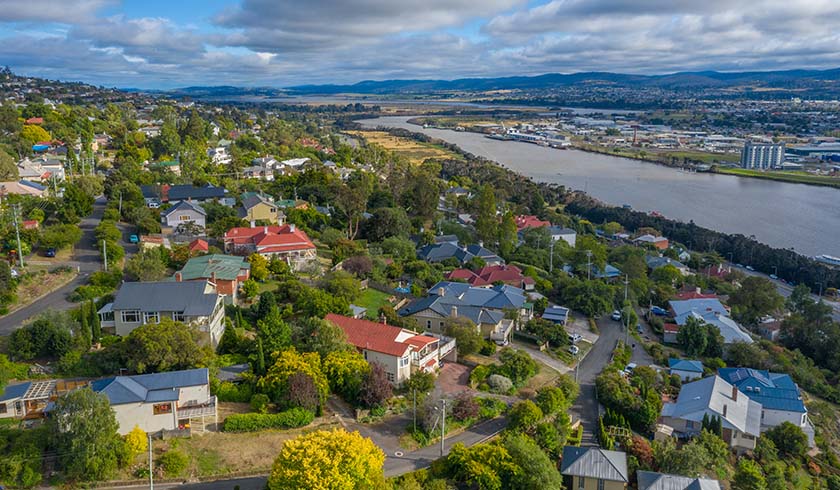Tasmanian budget reveals greater investment to FHB, supply schemes

Speaking to the House of Assembly late last week (26 May), Treasurer Michael Ferguson outlined Tasmania’s actions to improve housing across the state.
“This government is taking unprecedented action to assist more Tasmanians into homes,” Mr Ferguson said.
“While our economy is strong, we also know that many Tasmanians are still doing it tough and there is more work to do.”
Part of these measures include a $538 million investment for social and affordable housing and homelessness initiatives, $204 million of which is said to be invested over the next year.
However, this year’s budget will also provide greater resources to assist more Tasmanians in entering the housing market, with Mr Ferguson confirming that the state’s $30,000 First Home Owners Grant will continue until June 2023.
Housing supply was also a key target in this year’s budget, with Mr Ferguson confirming that it will double its Residential Land Rebate – a $15 million scheme that can provide returns to a potential of $400,000 for property developers.
“To further expand land supply, this budget extends this program, doubling the Residential Land Rebate available from $15 million to $30 million,” Mr Ferguson said during his speech.
Adding to this financing is an additional $2.5 million for the state’s Ancillary Dwelling Grant program.
Announced earlier this year, the $2.5 million program provides $10,000 in a bid to encourage Tasmanians to construct granny flats on their property.
According to Mr Ferguson, 185 new dwellings have already been constructed under this program, and that this additional surge of funding is expected to result in another 250 dwellings.
This extension in housing support comes following the Tasmanian government’s recent measures to provide greater support to increase housing.
Earlier this year, Tasmania confirmed that it will be investing $1.5 billion in a 10-year housing package, which included lifting the stamp duty concession threshold, reducing the required deposit for its Housing Market Entry Program, and delivering 10,000 new dwellings by 2032.
Yet, these steps also trail reports that suggest Tasmania is facing one of the most severe housing crises in the country.
According to SQM Research, the vacancy rate for the state’s capital in April was 0.4 per cent, a figure well below Australia’s already-low rate of 1.1 per cent.
The last time Hobart hit 3 per cent – the minimum needed for vacancy rates to be considered healthy – was in April 2012.
Launceston is reported to have a vacancy rate of 1 per cent over the same period.
Separate data also noted that the value of a Tasmanian home is lifting exponentially. According to figures released by the Australian Bureau of Statistics, property in Tasmania reported the highest growth out of any capital city over 2021, lifting by almost 30 per cent.
Further, these latest budget papers also indicated that, since 2015, only 1,254 houses have been built under the state’s Affordable Housing Strategy.
